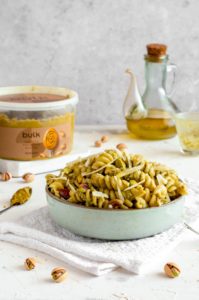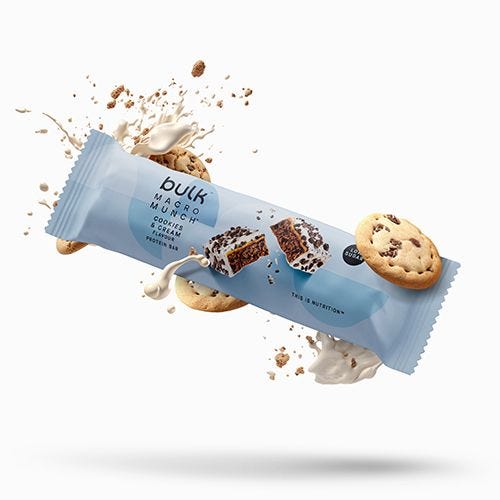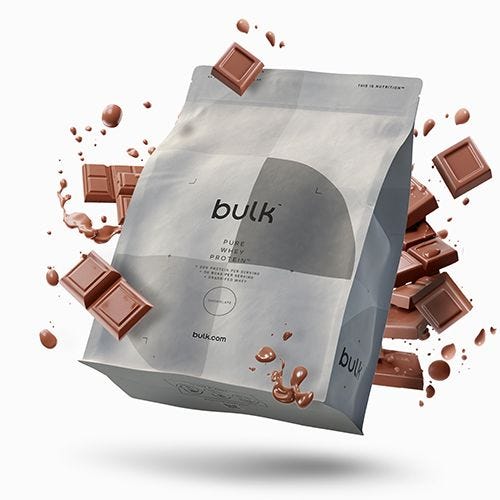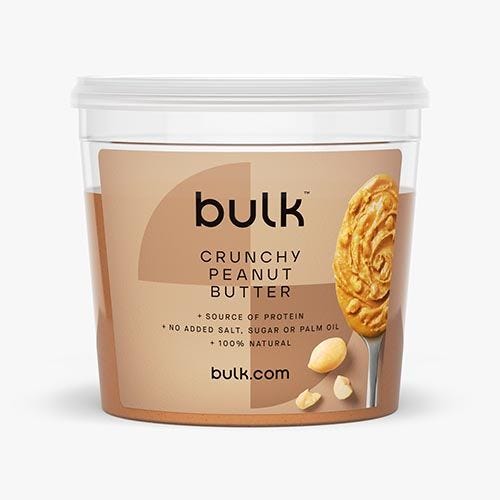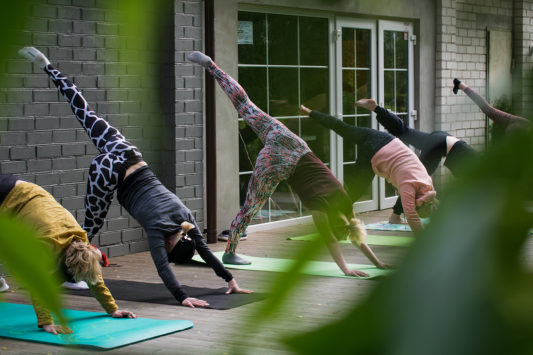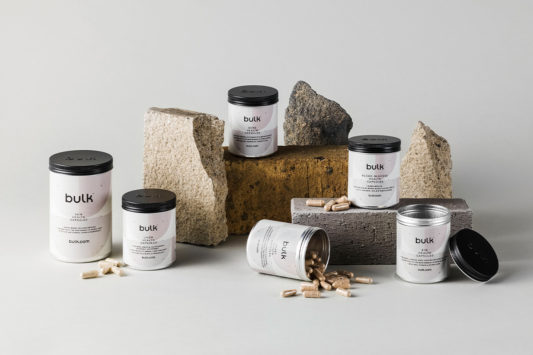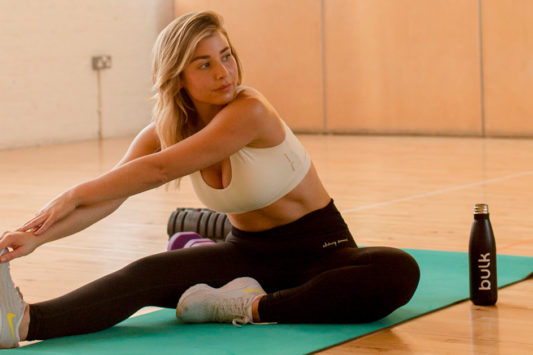Almost all of us have a shared goal of improving our health, to feel our best – both physically and mentally. Taking care of ourselves every day should be a priority, however sometimes we need a gentle reminder to slow down and give ourselves a little TLC.
What is Wellness?
Wellness is defined as “the state of being in good health, especially as an actively pursued goal.” The global wellness industry has seen unprecedented growth over the last 5 years with no signs of slowing down. This boom in popularity has been attributed to growing customer awareness, an increase in disposable incomes and a desire among millennials to transform their health for the better.
This being said, it can sometimes prove difficult in our busy modern lives to find time and balance to support our wellness. We have the world at our fingertips, from ordering convenience food and takeaways to our door, booking transport and shopping online. Life has never been more convenient. This convenience can come at a cost, not just to our pockets but to our health and wellbeing.
What is Global Wellness Day?
With the slogan “one day can change your whole life”, Global Wellness Day is celebrated on the second Saturday of June each year as an international day of wellness. First established in Turkey in 2012, Global Wellness Day was the first day of its kind dedicated entirely to living well and is now widely accepted worldwide. In honour of the day, we are pulling together some helpful strategies to improve wellness.
Strategies to Improve Your Health and Wellness
1) Walk for an hour
Walking is a fantastic way to incorporate gentle exercise with being immersed in nature. Walking is a natural mood booster as the brain secretes endorphins while walking and provides many physical health benefits for people of all fitness abilities. Spending time outdoors (particularly in a green space) has shown to enhance mood and improve mental health symptoms such as stress, anxiety, and depression. On average, most of us can comfortably walk 1,000 steps in ten minutes. This means an hour of walking would greatly contribute towards the recommended 10,000 steps a day.
2) Drink more water
Drinking lots of water improves physical health in many different ways such as aiding digestion and weight loss, supporting healthy circulation, and helping the body to absorb nutrients in the food we eat. Interestingly, research also shows that water is also important to maintain good mental health. Dehydration is shown to impact memory and cognitive function, while also increasing the symptoms of depression, anxiety, and other mental health issues. All the more reason to stay hydrated!
3) Don’t use plastic bottles
Plastic bottles and their tops are incredibly damaging to the environment and often find their way into the ocean causing harm to sea life. Some types of plastic also contain potentially harmful chemicals, so it’s recommended to use a reusable BPA free bottle.
4) Eat Healthy Food
Aim to eat more whole foods which haven’t been through extensive processing methods and try to achieve the recommended 5 portions of fruit and vegetables each day. It can sometimes be difficult to maintain consistency with a healthy diet. Simple steps such as being prepared with healthy snacks can help to stay on track and avoid having to reach for unhealthy options. Convenient high-protein snacks such as Macro Munch™ bars can help to keep hunger at bay, contribute towards your daily protein goal and taste just as good (if not better) than less healthy snack bars. If you find being short of time in the morning makes it difficult to eat a healthy breakfast, try preparing a delicious breakfast the night before such as overnight oats using oats, milk/plant milk or water, bulk™ Pure Whey Protein , a nut butter and a portion of fruit for a perfectly balanced meal that will keep you full, energised and more likely to make better food choices for the rest of the day.
5) Do a Good Deed
A selfless act of kindness can boost feelings of happiness, confidence, being in control and optimism. It may also encourage others to do the same. When you do something good for someone else, your brain’s pleasure centres light up and release endorphins, producing a feel-good sensation known as “helper’s high”.
6) Have a Family Dinner with Your Loved Ones
Enjoy a dinner with your loved ones without distractions from TV or smart phones (if possible). Research shows that having family dinners with loved ones has psychologically positive effects for both adults and children with improved self-esteem, a lower risk of depression, a greater sense of resilience and better nutrition.
7) Sleep at 10pm
Sleep is a vital process during which our body regulates, repairs, and heals. Many argue that 10pm is the perfect bedtime as this enables you to get the recommended 7-8 hours sleep and still wake up by 5 or 6am. This means you’re able to fit in a morning workout and still be able to start work by 8 or 9am. With your daily exercise out of the way, you start the day with an energised mind, a sense of achievement and feel-good endorphins.
The Take Home
Improving physical and mental wellness is a lifelong commitment and should be viewed as a work in progress, rather than a short-term goal. When we set a standard of perfection for ourselves, we set ourselves up to fail. So, instead of setting yourself a standard of “perfect health”, aim to improve yourself, one step at a time. Try to be caring and understanding with yourself, rather than being harshly critical or judgmental. We are all at different stages in our own individual journeys, so try not to compare yourself to others in any aspect of your life. Instead, focus on being your most authentic self and a stream of positivity will follow. In fact, studies have shown that feelings of authenticity lead to many psychological and social benefits, including higher self-esteem, better romantic relationships, enhanced work performance and improved overall wellbeing.
How to get involved in Global Wellness Day:
Keep updated on Global Wellness Day announcements and learn how to take part in their 24-hour live stream event on their website https://www.globalwellnessday.org/
Let us know how you’ll be embracing Global Wellness Day by tagging #TeamBulk and @bulk in your social media posts.
Related articles
Looking to learn more? We believe that every person, with support, has the right to transform their lives through fitness. That’s why we’ve put together hundreds of articles with expert advice, all to help you on your fitness journey.
5 Ways to work on Mental Health 5 Tips to get you back in the game
Tips to beat Lockdown Fatigue Why change doesn’t happen overnight
Great Big Green Week How does Bulk™ prioritise Sustainability?
Soil Association approved products What do SMART goals mean?
Sustainability at Bulk™ Vitamins for energy and tiredness

